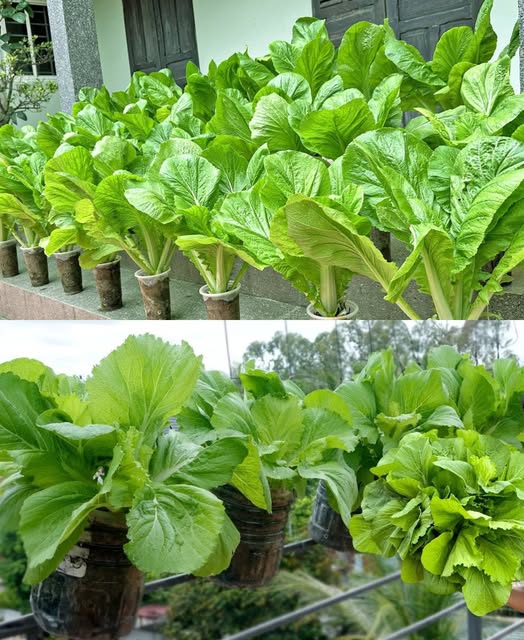5. Grow Bags:
Use grow bags filled with potting soil to grow vegetables like potatoes, carrots, or small tomatoes.
Grow bags are portable and suitable for small spaces.
6. Hydroponics:
Consider hydroponic systems for growing vegetables without soil. This method uses nutrient-rich water.
Hydroponics allows for faster growth and can be set up indoors.
7. Sprouts and Microgreens:
Grow sprouts or microgreens on your kitchen counter. These nutrient-dense greens require minimal space.
Examples include alfalfa sprouts, broccoli microgreens, or radish sprouts.
8. Containerized Straw Bale Gardening:
Use straw bales as containers for growing vegetables. They provide a nutrient-rich environment.
Suitable for tomatoes, peppers, or even compact varieties of pumpkins.
9. Community Gardens:
Check if there’s a community garden in your area where you can rent a small plot to grow vegetables.
Community gardens are great for sharing knowledge and resources.
ADVERTISEMENT

